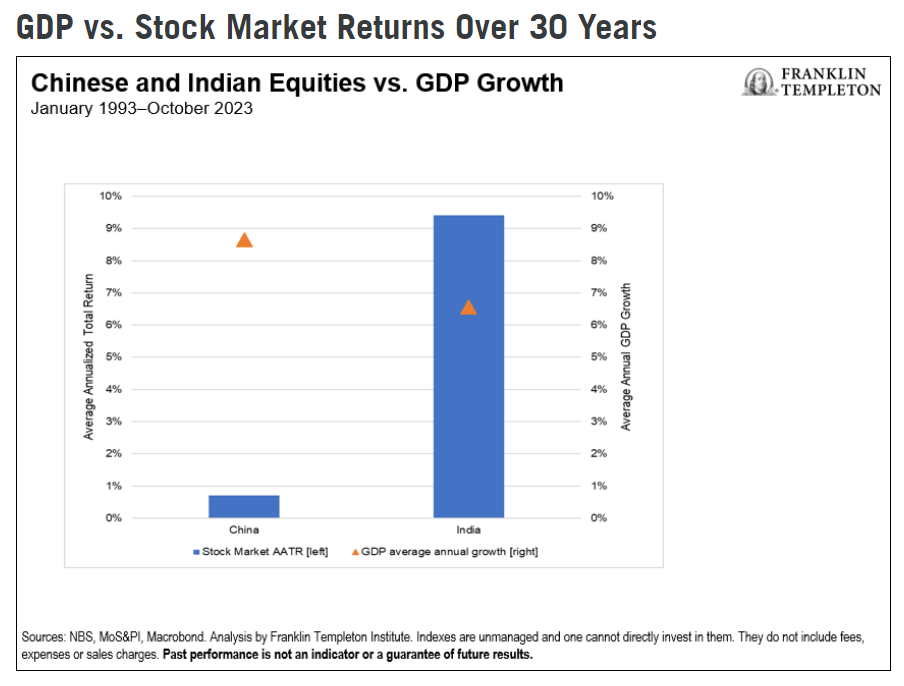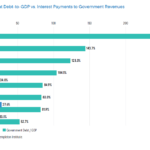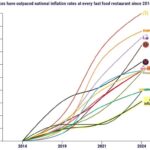The economic growth of a country and its equity market returns are not directly linked. Conventional wisdom would imply that higher economic growth leads to higher equity market returns and vice versa. But that is not always the case. In fact, the relationship between a country’s GDP growth and its equity market returns is weak or in some cases non-existent To put it another way, the stock market can soar to sky high levels even with lower GDP growth. I written many times on this topic in the past some of which can be found here and here and here and here.
China and India are two of the major emerging markets. In terms of economic growth, the Chinese economy has had astonishing growth up until a few years ago. India’s economy also grew but at a much lower rate. However the returns on the Indian equity market has been much higher than that of China’s. A recent article at Franklin Templeton confirmed my long-held assumption. From the article:
In the chart below, while Chinese GDP growth as averaged 8.65% per annum in the last 30 years, the equity market’s average total return has been +0.7%. By contrast, India has had GDP growth of 6.5% per annum, yet the equity market has delivered an average total return of 9.4% in the same period.6

6. Past performance is not an indicator or a guarantee of future results.
Source: Consider This: Is India the new China? by Kim Catechis, Franklin Templeton
Mr.Kim also points out that India’s stock market is full of companies with lower floats. In many listed firms, the major shareholders are the promotors or insiders of the company. The promotors control 50% or more in the public companies. The middle-class investors have a very low participation rate in India’s stock market. They own only 10% through mutual funds and direct investments in stocks.
Another fact is that 90% of publicly listed companies in India are controlled by families according to one study. The low floats and high family ownerships make India’s stock market highly concentrated. While the equity returns are higher in India as shown above, the high concentration in the hands of a few poses a risk in the long run.
Related ETFs:
Disclosure: No positions



